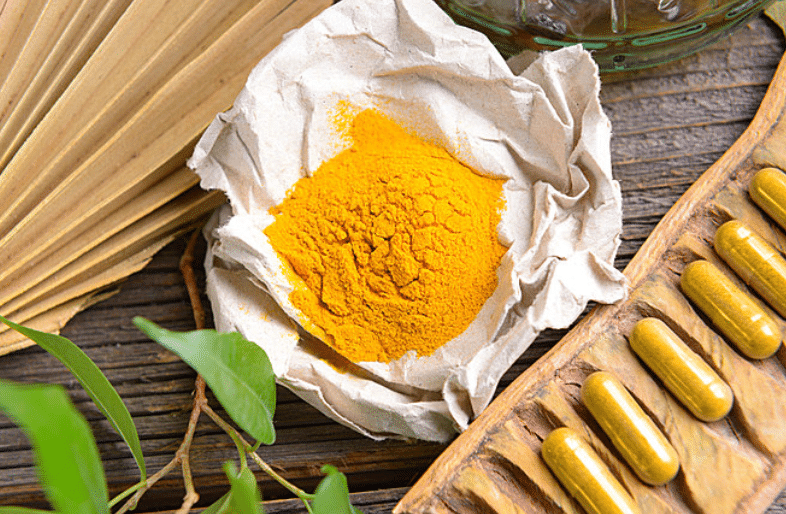
Curcumin Extract Manufacturer
Gensei is a leading curcumin extract manufacturer dedicated to producing high-quality curcuminoids for the nutraceutical and dietary supplement industries. As a reliable curcumin extract supplier, we offer curcumin extract powder in various potencies to meet your specific formulation needs. Our state-of-the-art facilities ensure a consistent and pure curcumin extract powder bulk product. We are also a direct curcumin manufacturer, offering curcumin wholesale options and serving as a dependable curcumin supplier. Whether you require curcumin powder bulk for large-scale production or smaller quantities, Gensei is your trusted partner for premium curcumin extract. Our commitment to quality and rigorous testing ensures you receive the finest ingredients for your products.
Please note: We are a wholesale supplier and have minimum order quantities.
Have questions about this product? Our team is here to help. For inquiries about multiple ingredients, please use the Contact Us option and include the list of ingredients in your message.
Curcumin Extract CAS No.: 458-37-7 (This is the CAS number for Curcumin, the primary curcuminoid in the extract) – Note that curcumin extract itself is a mixture of curcuminoids.
- Curcumin
- Turmeric Yellow
- Diferuloylmethane
Molecular Formula: C₂₁H₂₀O₆ (for Curcumin)
Molecular Weight: 368.38 g/mol (for Curcumin)

Curcumin Extract Manufacturing Process Flowchart
Curcumin extract is typically obtained from turmeric roots through a solvent extraction process.
(Cleaned and dried turmeric rhizomes)
(Turmeric roots are ground into a coarse powder to increase surface area)
(Turmeric powder is mixed with a suitable solvent (e.g., ethanol, ethyl acetate, or hexane) to extract curcuminoids)
(The mixture is filtered to remove solid residues and obtain a liquid extract)
(The solvent is evaporated under vacuum to concentrate the curcuminoid extract)
(Further purification steps like crystallization or chromatography may be used to increase the curcuminoid content)
(The concentrated extract is dried to obtain curcumin extract powder, typically using spray drying or vacuum drying)
(The dried extract is milled and sieved to achieve the desired particle size)
(Testing for curcuminoid content, purity, heavy metals, and other specifications)
(The curcumin extract powder is packaged into suitable containers)
This flowchart provides a general overview of the curcumin extract manufacturing process. Specific steps and solvents used may vary depending on the manufacturer and desired purity.
Our State-of-the-Art Manufacturing Facilities
Explore our modern facilities equipped with advanced technology to ensure the highest quality in the production of your vitamins, herbal extracts, minerals, and amino acids.

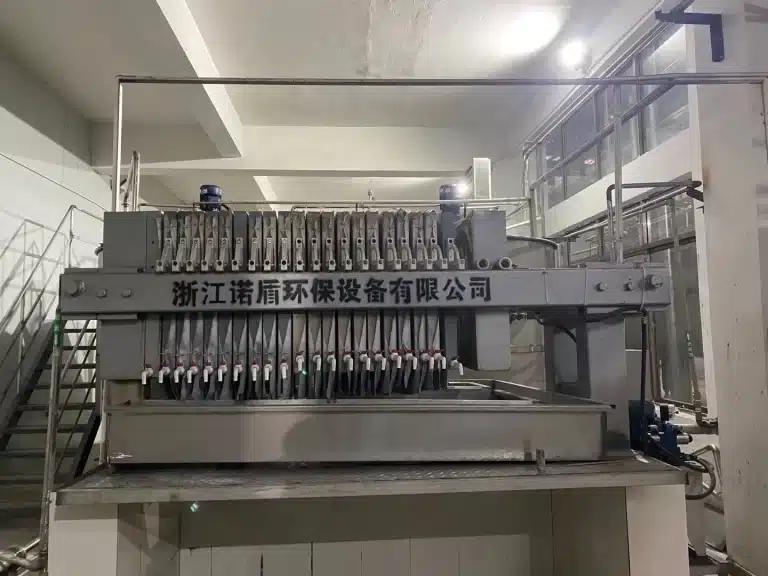
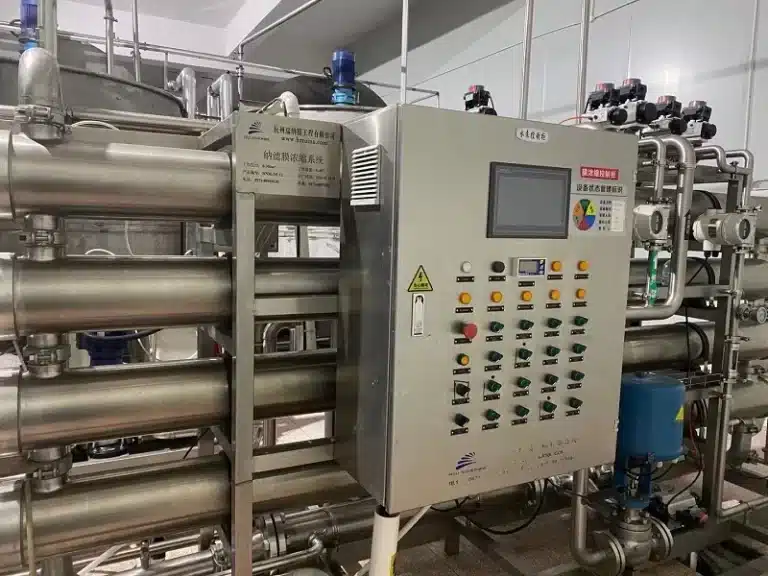
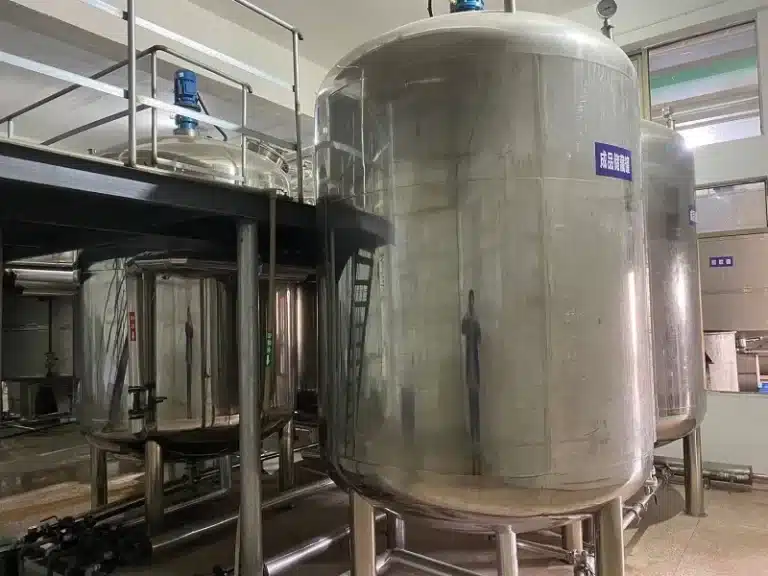
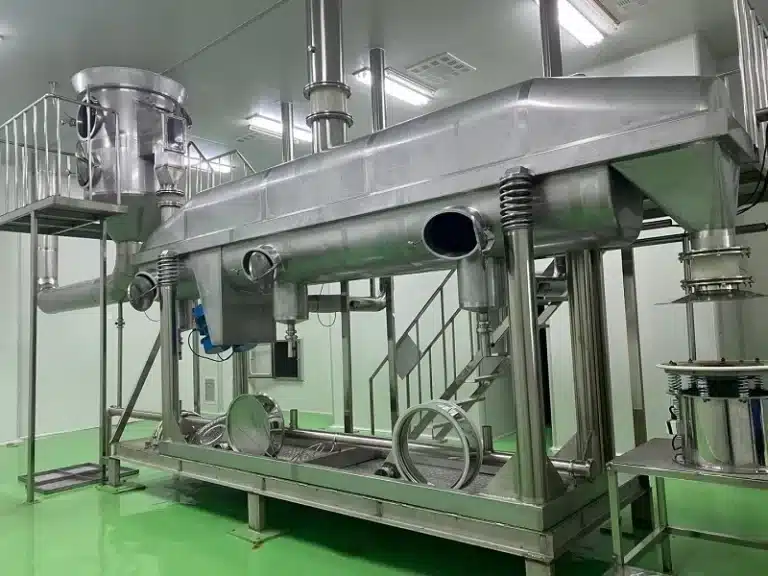
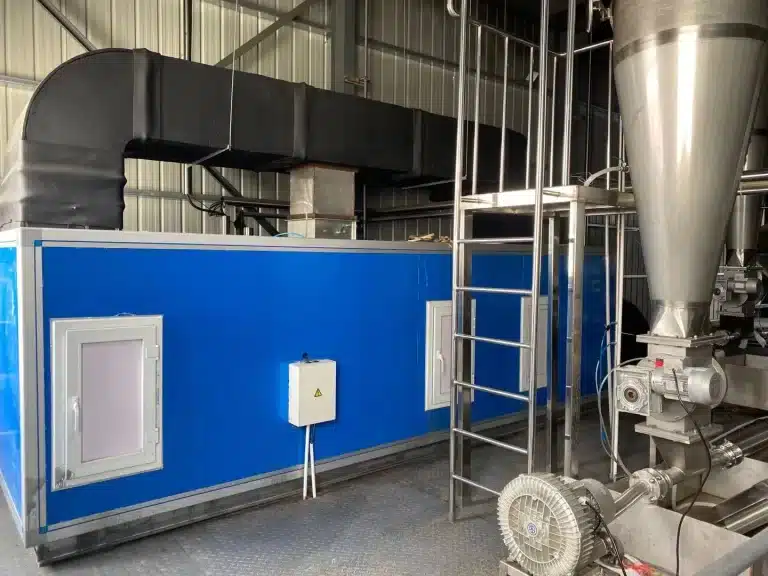

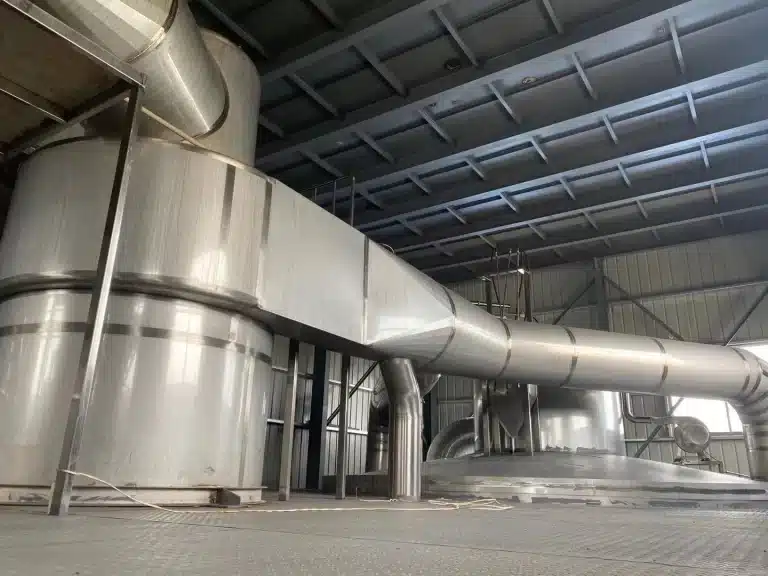



FAQs
Curcumin is typically extracted from turmeric roots using solvent extraction methods. Common solvents include ethanol, ethyl acetate, and hexane. The turmeric powder is mixed with the solvent, which dissolves the curcuminoids. The solvent is then evaporated to obtain the concentrated extract.
(This is a more specific version of question 1) Curcumin is extracted from turmeric by grinding the dried turmeric rhizomes into a powder and then using a solvent (like ethanol) to dissolve the curcuminoids. The resulting solution is filtered to remove plant material, and the solvent is evaporated, leaving behind a curcumin-rich extract.
Making curcumin extract at home is difficult to achieve high purity. Industrial methods involve specific solvents and equipment. However, you can make a simple turmeric extract by soaking turmeric powder in high-proof alcohol for an extended period, then straining the liquid. This will contain curcumin but at a lower concentration than commercially produced extracts.
No, turmeric extract is not the same as curcumin. Turmeric extract is a broader term that refers to any extract derived from turmeric, which contains various compounds including curcuminoids (curcumin, demethoxycurcumin, and bisdemethoxycurcumin), volatile oils, and other substances. Curcumin specifically refers to the primary and most well-studied curcuminoid in turmeric.
Curcumin extract is a concentrated form of the active compounds found in turmeric root, primarily curcuminoids. It is standardized to contain a specific percentage of curcuminoids, often expressed as total curcuminoids or specifically as curcumin.
The amount of curcumin in 1 teaspoon of turmeric powder can vary depending on the turmeric variety and its quality. On average, turmeric powder contains about 2-5% curcuminoids. Therefore, 1 teaspoon (approximately 2 grams) of turmeric powder might contain roughly 40-100 mg of curcuminoids.
The recommended daily intake of curcumin varies depending on the individual and the purpose of supplementation. Many studies use dosages ranging from 500 mg to 2000 mg of curcuminoids per day, often divided into multiple doses. It's best to follow product label instructions or consult with a healthcare professional.
Curcumin powder can be mixed with water, juice, milk, or smoothies. Due to curcumin's poor water solubility, it's often recommended to mix it with a healthy fat (like coconut oil or milk) and black pepper to enhance absorption.
Curcumin powder can be added to various foods like soups, stews, rice dishes, and vegetable preparations. Similar to drinking it, combining it with fat and black pepper can improve its bioavailability.
Curcumin powder is the ground form of curcumin extract, typically standardized to contain a specific percentage of curcuminoids. It is usually bright yellow-orange in color.
Turmeric curcumin and ginger powder are often combined for their synergistic anti-inflammatory and antioxidant properties. This combination is commonly used to support joint health, reduce pain and inflammation, and aid digestion.
No, turmeric and curcumin are not the same thing. Turmeric is the spice derived from the root of the Curcuma longa plant. Curcumin is the main active compound within turmeric, responsible for many of its health benefits.
No, curcumin and cumin are different spices. Curcumin comes from turmeric root and has a warm, slightly bitter taste with a yellow-orange color. Cumin comes from a different plant (Cuminum cyminum) and has a distinct earthy, warm, and slightly bitter flavor.
Yes, liposomal curcumin is a formulation where curcumin is encapsulated within liposomes (small fat-like vesicles). This encapsulation is designed to improve the bioavailability and absorption of curcumin, which is naturally poorly absorbed by the body.
Some studies suggest that curcumin may have mild blood-thinning effects by inhibiting platelet aggregation. Individuals taking blood-thinning medications should consult their doctor before taking curcumin supplements.
Curcumin phytosome is another formulation designed to enhance curcumin's bioavailability. It involves binding curcumin to phosphatidylcholine, a component of cell membranes, which helps improve its absorption in the gut.
Some research suggests that curcumin may have a modest effect in lowering blood pressure in individuals with hypertension. However, more studies are needed to confirm these findings and determine optimal dosages. Individuals with high blood pressure should consult their doctor before using curcumin for this purpose.
The "best" liposomal curcumin product can vary depending on individual needs and preferences. Factors to consider include the quality of ingredients, the concentration of curcuminoids, the reputation of the manufacturer, and third-party testing for purity and potency.
Curcumin is a natural compound derived from the rhizomes (roots) of the turmeric plant (Curcuma longa), a member of the ginger family.
The time it takes for curcumin to produce noticeable effects can vary depending on the individual, the dosage, and the condition being addressed. Some people may experience benefits within a few weeks of consistent use, while others may require longer periods.
"White curcumin" typically refers to a form of curcumin that has been processed to be water-soluble and less likely to stain. Regular curcumin is lipophilic (fat-soluble) and has a strong yellow color. White curcumin is often used in beverages like vitamin water to make it easier to incorporate without the color and solubility issues of standard curcumin.

